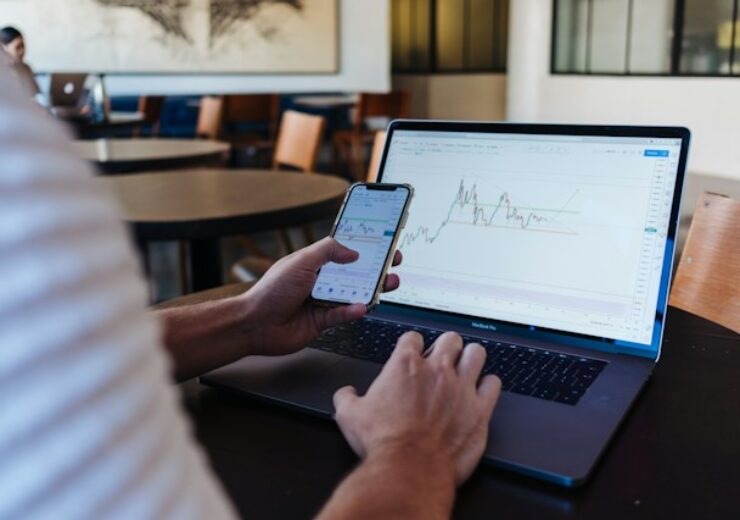BofA Securities was found spoofing in 717 instances between October 2014 and February 2021 and failed to maintain a supervisory system to detect spoofing in US Treasury markets, from at least October 2014 through September last year

BofA Securities fined for spoofing and supervisory failures. (Credit: Jason Briscoe on Unsplash)
US-based private regulator Financial Industry Regulatory Authority (FINRA) has fined BofA Securities $24m over spoofing and other supervisory failures for more than six years.
BofA Securities, previously known as Bank of America Merrill Lynch, is an investment banking division of the US-based investment banking company Bank of America.
According to FINRA, BofA Securities has committed spoofing in more than 700 incidents, through two former traders, in the US Treasury secondary markets.
Spoofing is an illegal trading practice that involves the use of non-bonafide orders to create a false appearance of market activity to deceive other market participants into trading.
Between October 2014 and February 2021, BofA Securities was found spoofing in 717 instances, triggering executions from participants in the same or correlated Treasury security.
FINRA executive vice president and enforcement head Bill St. Louis said: “Spoofing undermines the transparency and integrity of the markets by distorting the true nature of supply and demand.
“Spoofing is especially detrimental in the US Treasury securities market, given its status as a benchmark for countless financial instruments and transactions.
“This action sends a strong message that FINRA will aggressively pursue firms that engage in spoofing, including cross-product spoofing.”
In addition, BofA Securities failed to maintain a supervisory system to detect spoofing in US Treasury markets, from at least October 2014 through September last year.
The company did not have a supervisory system to detect spoofing until November 2015.
Also, the monitoring system could detect spoofing only by trading algorithms, not manual spoofing by the traders, until mid-2019.
BofA Securities’ surveillance did not capture orders its traders entered into certain systems provided by external venues, until at least December 2020.
Furthermore, the investment company did not supervise potential cross-product spoofing in Treasuries through September last year.
FINRA has previously discussed about spoofing and related regulatory obligations in its Annual Risk Monitoring and Examination Priorities letters and other reports.
BofA Securities has agreed to pay the amount to resolve the claims, consenting to the entry of FINRA’s findings, without admitting or denying the charges.
